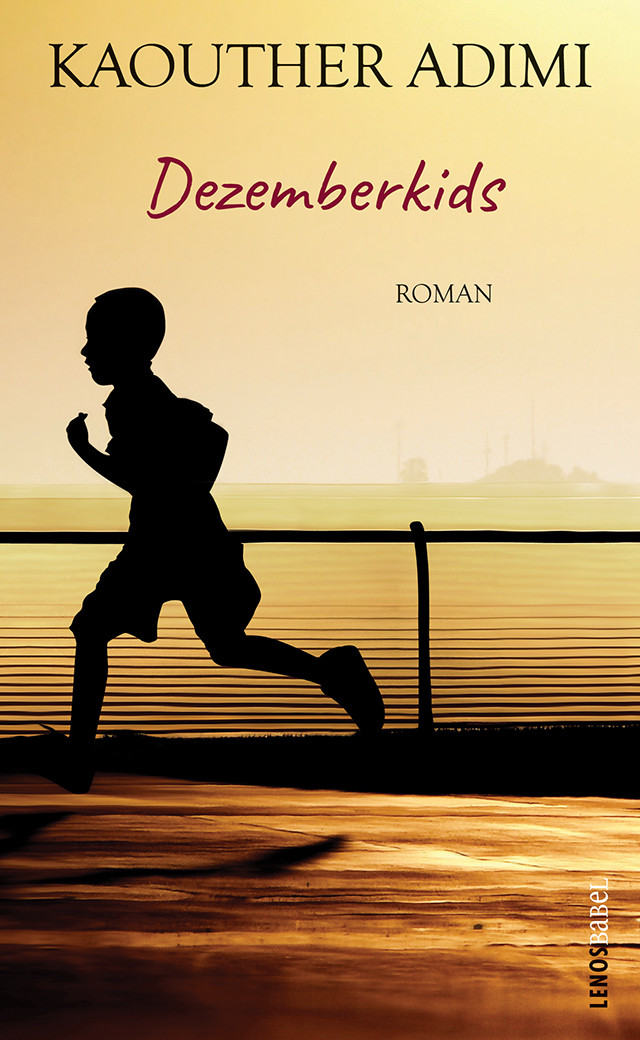
December Kids
Kaouther Adimi’s novel The December Kids (original Les petits de Décembre) tells a story of revolutionary children who stand up for their dreams and rights, even when adults are trembling with fear. The novel gives a stage to rousing self-organisation and great courage.
The novel is called The December Kids because it is about the children and young people of the Cité du 11-Décembre, a suburb of Algiers. The main setting is a wasteland in the middle of this neighbourhood, which is of great importance to the children: this is where they meet and play soccer. Adimi’s story tells of how two powerful generals unfairly take possession of this fallow land to build large villas. They don’t care that it means they’re taking away the children’s freedom. The generals’ self-centred actions seem to be symptomatic of corruption in Algerian society. The novel depicts it in such a way that French colonization, Algeria’s independence movement and the ensuing power struggles have intimidated all adults, to whom the horrors of history are still very much present, so that they are no longer capable of rebellion. Except, perhaps, for one: Adila, a former independence fighter, who in a little black book recounts the Algerian history of colonialism and liberation on the basis of her very personal, often traumatic experiences. This fighter has obviously passed her courage on to her granddaughter Ines, who, although she is only ten years old, nevertheless mobilizes the children to occupy the wasteland with her, in order to dissuade the generals from building their villas. Although superficially “only” the children’s soccer field is at stake, her rebellion means much more in a system that tramples on her rights and those of many citizens. If you want to know more about the strong women and courageous children and their political resistance, you should definitely read this book. One thing is certain: Oppression is cast in stark contrast with invigorating hope.
So far, the book is only available in French and German. The German translation includes an informative epilogue by the translator Regina Keil-Sagawe and I would recommend reading it first to all those who are less familiar with the Algerian context. In the epilogue there is a short outline of Algerian history and the reference that Adimi’s book is inspired by an incident in Dely Brahim in 2016.
Order the book here and support us! The work behind poco.lit. is done by us – Anna und Lucy. If you’d like to order this book and want to support us at the same time, you can do so from here and we will get a small commission – but the price you pay will be unaffected.

